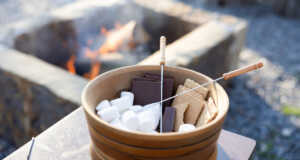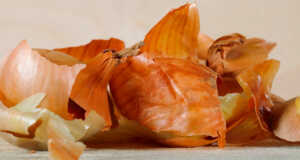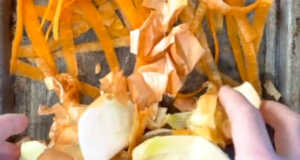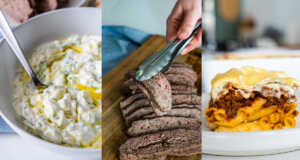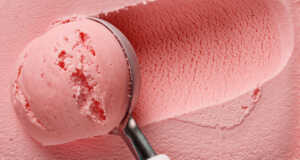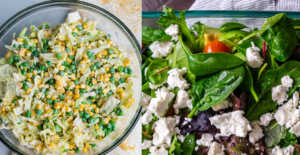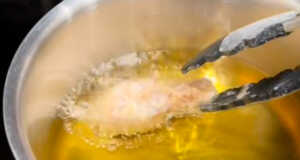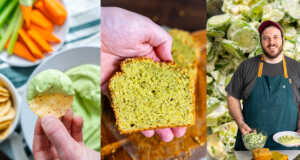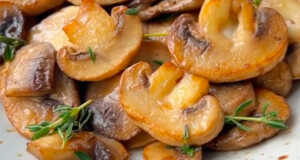Are you ever guilty of throwing out some food scraps? I think that most of us have done it on occasion, if not regularly. As it turns out, anyone who does it in Vermont is now guilty of breaking the law.
A food scrap ban was put into place within Vermont on July 1. Essentially, any leftover food must either be donated or composted because it can’t be thrown out in the trash. This includes typical food scraps such as seeds, pits, bones, and coffee grounds. It also includes anything that may be leftover on your plate after you fix dinner. Have you ever left some pizza crust after getting full on that last slice? That counts too.
https://www.instagram.com/p/B_YdCwdgKic/
According to Vermont’s Department of Conservation’s website: “If it was once part of something alive, like a plant or animal, it does not belong in the landfill.”
It may seem to some people that they are going overboard with this policy, but the writing has been on the wall for many years. The legislation was unanimously passed in 2012, known as the Universal Recycling Law. It showed how they were going to cut down on waste that went into the landfill. Many things have been reduced over the years, including yard debris, recyclables, and you can now add food scraps to the list. In order to help residents stay on the right side of the law, trash haulers are now offering pickup services for many different types of materials. $970,000 has also been budgeted in grant money to collect compost and take it to processing facilities.
FastCompany reports that Vermont officials hope that this policy will help them to slash landfill waste in half, but as of yet, a 36% decrease is what they have seen. You can think of it as more than saving some space at the dump, if you allow food to end up in the landfill, it is going to produce methane, which is a dangerous greenhouse gas and it takes longer to decompose. If those scraps are used in compost, it helps to enrich the soil and the garbage dump doesn’t smell as much.
So far, they are going by the honor code for the Food Scraps Ban.
Josh Kelly, materials management section chief at the Vermont Agency of Natural Resources, said that it is not their intent to go through people’s garbage and write tickets.
Rather, just realizing that it is illegal may reduce the number of food scraps that are ending up in the dump. A study that was put out by the University of Vermont showed that 72% of those who live in the state are already composting or feeding scraps to animals.
It doesn’t appear that any other state has enacted such a ban on food scraps. Of course, you don’t have to wait for the band to take place, you can get started today, regardless of where you live.
